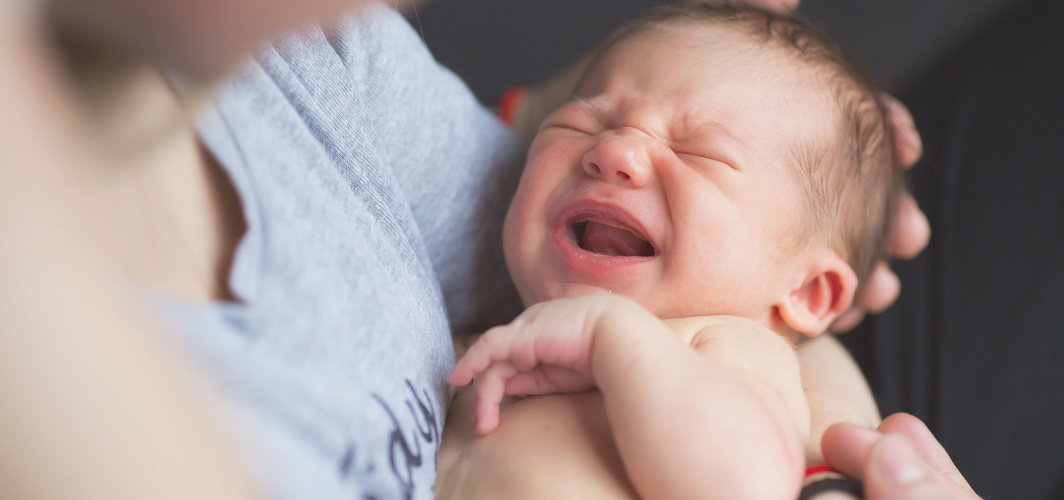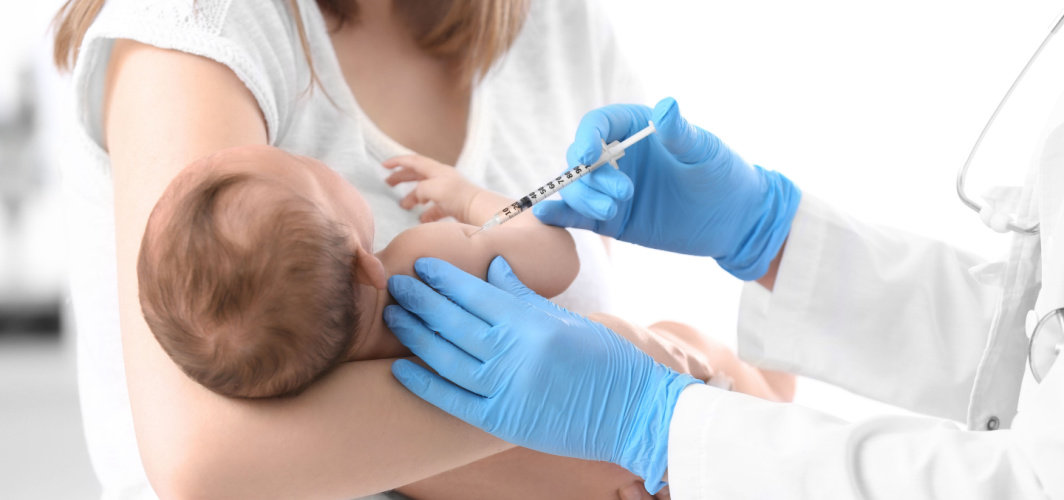- Home
- Blog
- Mom & Baby Care
First Trimester Diet: Here’s What To Eat And What To Avoid
Mom & Baby Care
First Trimester Diet: Here’s What To Eat And What To Avoid
By Apollo 24|7, Published on- 23 February 2023, Updated on -06 February 2025
Share this article
0
0 like

During the first trimester of pregnancy, women experience a massive surge in hormone levels, which often results in digestive discomfort in the form of acid reflux and constipation. In this phase, it can be quite challenging for expecting mothers to find something healthy that they can stomach. Well, to make the time of early pregnancy easier for you, here's a list of food items that you should eat and those you should avoid to meet your nutritional needs and maintain good overall health.

Food to eat during the first trimester of pregnancy
Here are some food items that you should actively try to include in your diet during the first trimester of pregnancy:
1. Yoghurt
Each cup of yoghurt is chock full of protein and calcium, both of which support your bone structure and are also essential for the growth of the baby's organs, including the brain. Opt for yoghurts that are low in added sugar and have a short ingredient list.
2. Lean meat
It is a rich source of protein and iron. Well-cooked lean meat such as turkey, chicken, and pork tenderloin offers plenty of amino acids that serve as the building blocks for the baby’s cells.
3. Edamame
It is a green soybean pod that serves as one of the best sources of protein for vegetarians. It is also rich in other essential nutrients like iron, folate, and calcium, which are essential for the growth and development of the baby.
4. Kale
This leafy green vegetable is packed with a variety of beneficial vitamins and minerals, including folate, calcium, fibre, and vitamins A, C, E, and K.
5. Bananas
Known for being a rich source of potassium, bananas are one of the best foods for pregnant women suffering from queasy stomach and frequent bouts of nausea.
6. Lentils and beans
They are another great addition to your diet during the first trimester of your pregnancy as these foods are loaded with folate, iron, fibre, and protein.
7. Ginger tea
Most ginger products, such as ginger tea and ginger chews, can prove to be quite helpful in combating nausea.
NOTE: Consult your gynaecologist before adding any new food to your diet.
Recommended read: Importance of Prenatal Vitamins in the First Trimester
Talk To Apollo's Top Gynaecologists
Foods to avoid during the first trimester of pregnancy
In addition to including the above-mentioned food items in your diet, you should also avoid eating the following foods during early pregnancy.
1. Raw or undercooked fish
Sushi lovers may not like this but it’s advisable to stay away from raw and undercooked fish, particularly shellfish, as it can cause several infections including viral, bacterial and parasitic. While some of these infections may only impact you by causing weakness and dehydration, others can be passed down to your baby, leading to serious consequences.
2. Raw eggs
Raw eggs can have the Salmonella bacteria, which can lead to infections, causing symptoms like nausea, fever, stomach cramps, diarrhoea, and vomiting. In severe cases, it can also lead to cramps in the uterus, which can cause stillbirth or premature birth.
3. Caffeine
During pregnancy, doctors usually recommend restricting your caffeine intake to under 200 mg per day. Caffeine is quickly absorbed and can easily pass through the placenta. Since placentas don’t have the enzyme required to metabolise caffeine, it can build up, limiting foetal growth and increasing the risk of low birth weight. So, it’s advisable to limit the consumption of coffee, soda drinks, tea, and cocoa drinks.
4. Processed junk foods
Pregnancy is a time when you need to eat nutrient-rich food to promote the growth of your baby. For this, you will need to increase the intake of essential nutrients like folate, protein, iron, and choline. Processed junk food is low in nutrients and high in sugar, unhealthy trans fats, and calories. While weight gain to an extent is vital during pregnancy, excess weight gain is associated with many complications such as gestational diabetes and even preeclampsia (dangerously high bp during pregnancy).
All in all, it’s essential to ensure a healthy diet not only during the first trimester but during the entire gestational period. A good diet can help keep you healthy and promote the growth and development of the foetus. Before adding any new food to your diet, consult your gynaecologist.
Also read: 5 Yoga Poses for First Trimester: Benefits & Guide
Talk To Apollo's Top Gynaecologists
Medically reviewed by Dr Sonia Bhatt.
Services
Mom & Baby Care
Leave Comment
Services
Recommended for you

Mom & Baby Care
Colic In Babies: How To Spot Them And The Ways To Soothe Your Little One
Colic in babies is characterized by excessive crying and fussiness, usually in the late afternoon or evening. Treatment options to soothe babies with colic include swaddling and gentle rocking, adjusting feeding habits and trying anti-gas medication under a paediatrician's guidance.

Mom & Baby Care
Moms-to-be and Moms: Mental health matters
Motherhood brings both joy and sadness. A new mother juggles her physical and mental health. Taking care of mental health with a good approach may help. #ApolloPharmacy #MomsMentalHealth #BeWithHer #CareForHer #GiveMomABreak

Mom & Baby Care
Vaccination Schedule For Babies: When To Immunize And What To Expect?
The article highlights the necessity of immunising neonates against dangerous infections. It describes the recommended vaccines for newborns and emphasises the need of sticking to a vaccine schedule to guarantee the best possible protection for babies.
Subscribe
Sign up for our free Health Library Daily Newsletter
Get doctor-approved health tips, news, and more.

